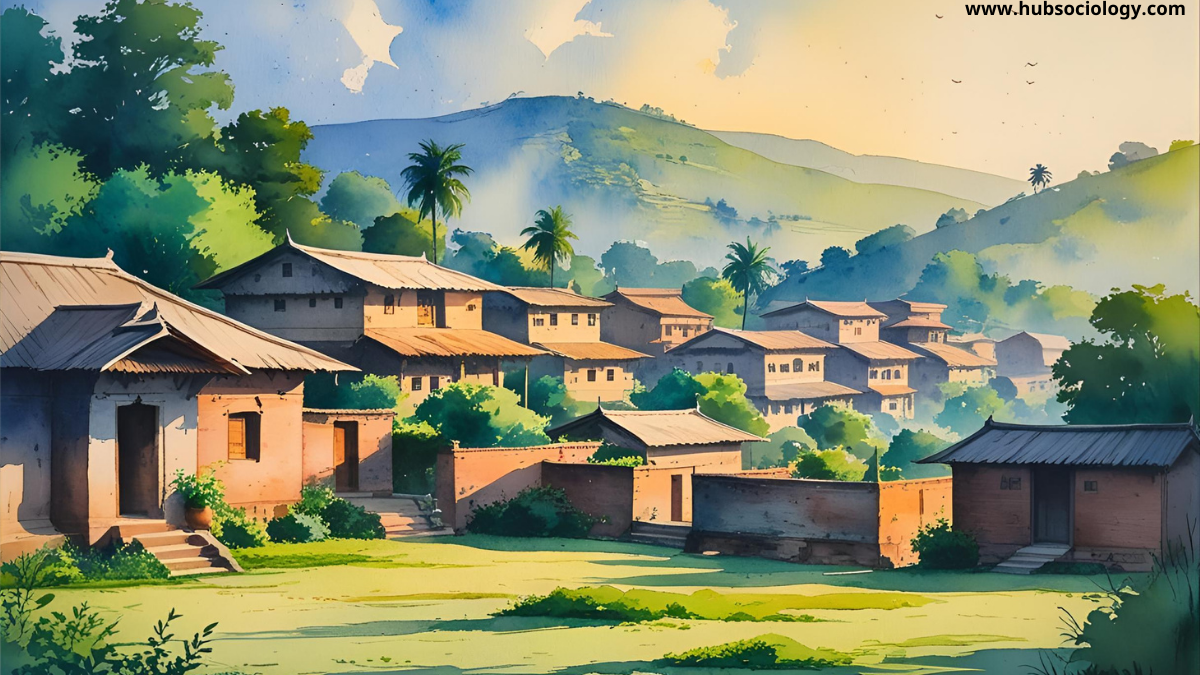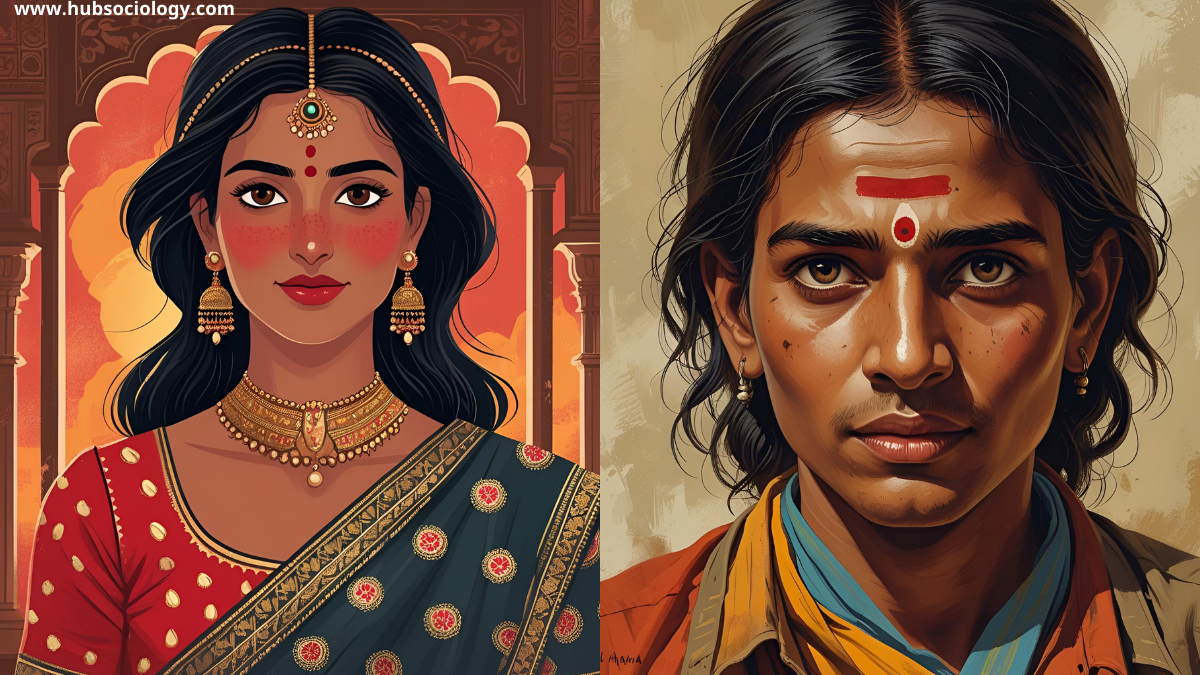Village and City in India: A Sociological Perspective
Introduction on Village and City in India India is a land of contrasts, where traditional villages and modern cities coexist, each representing distinct social, economic, and cultural systems. The village has long been considered the backbone of Indian society, embodying agrarian traditions, close-knit communities, and caste-based hierarchies. On the other hand, cities symbolize industrialization, economic … Read more









